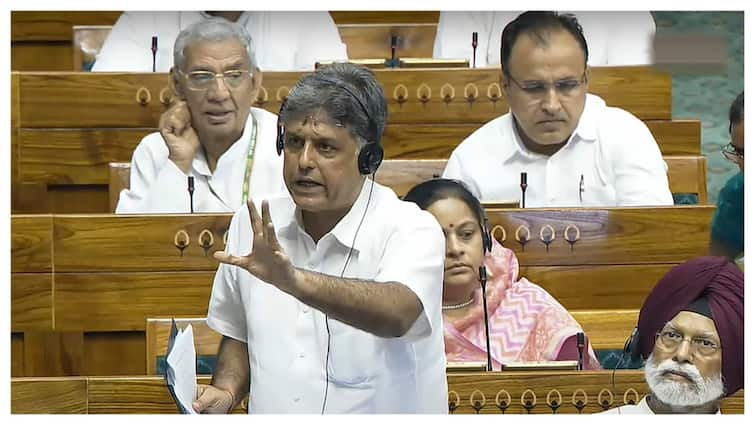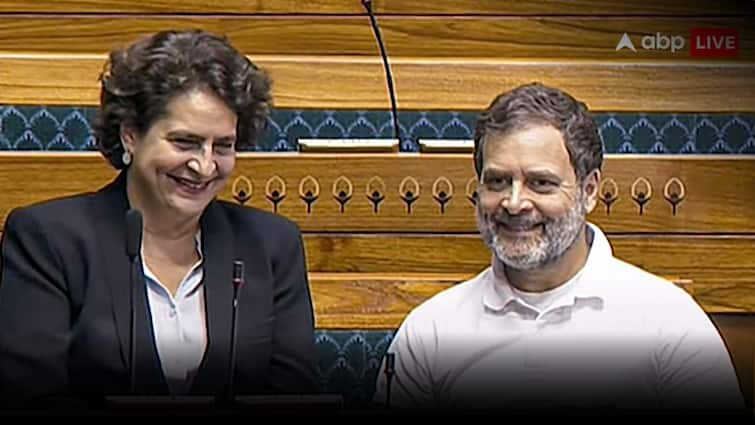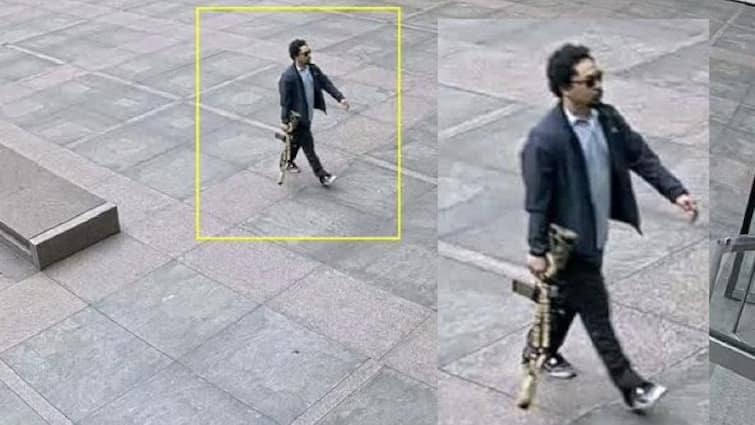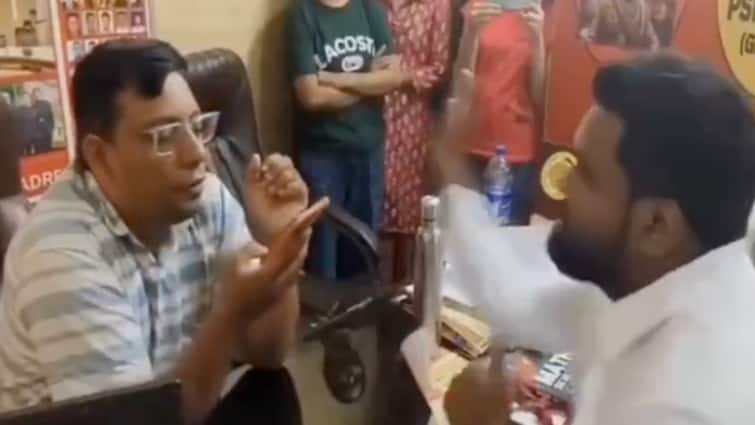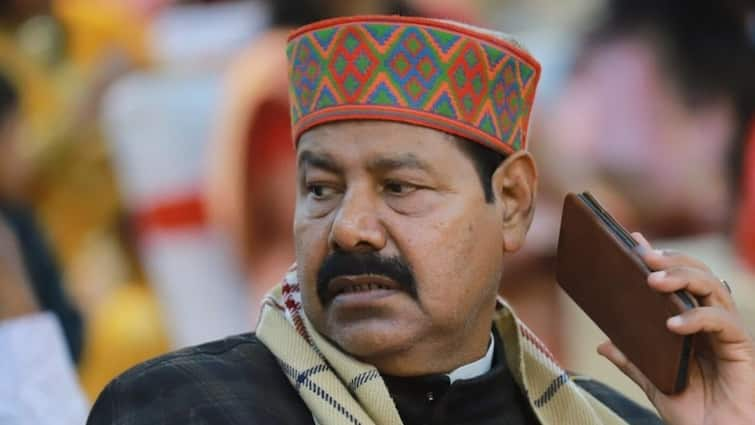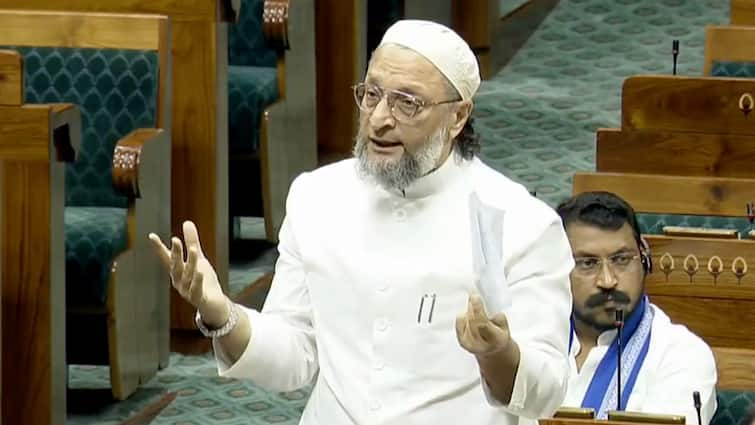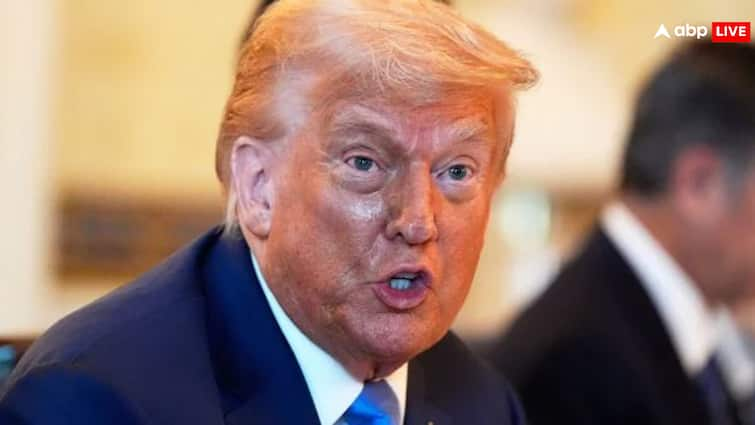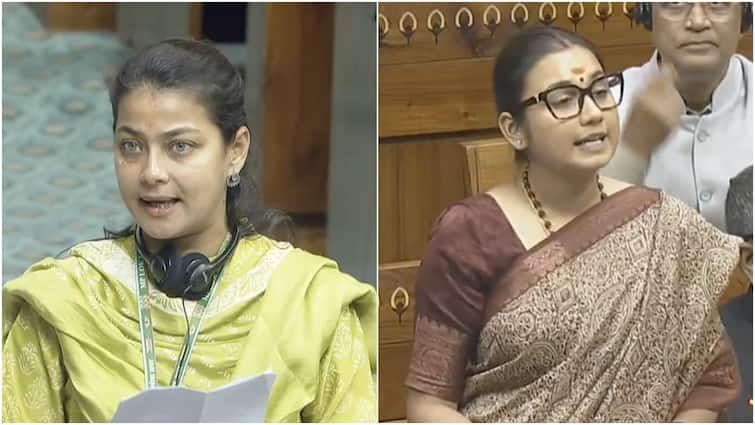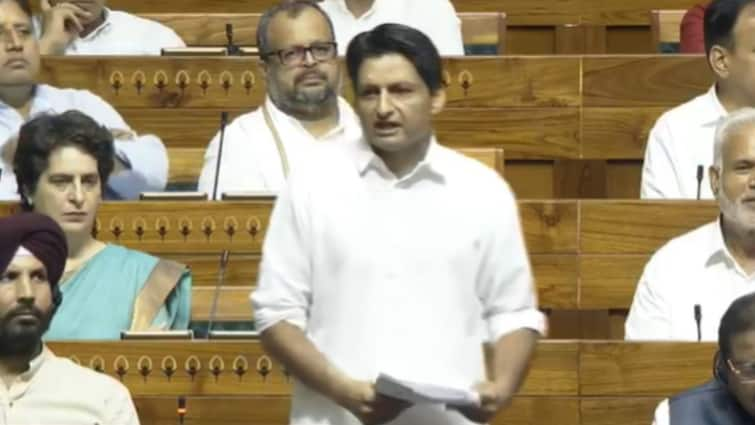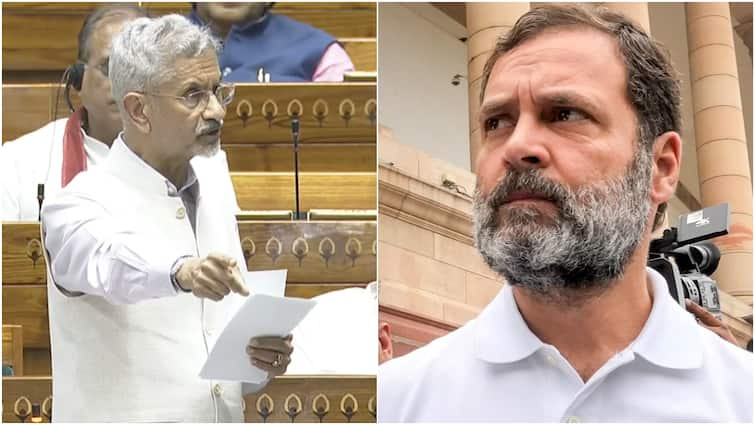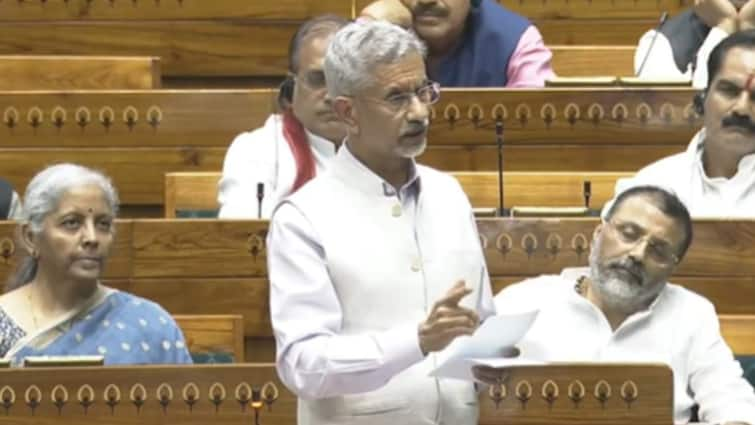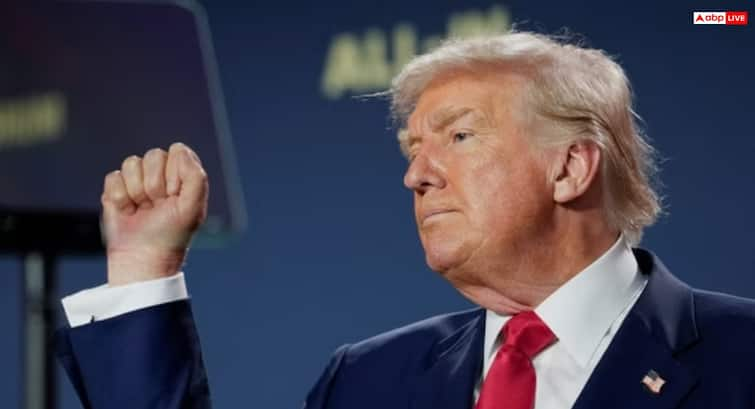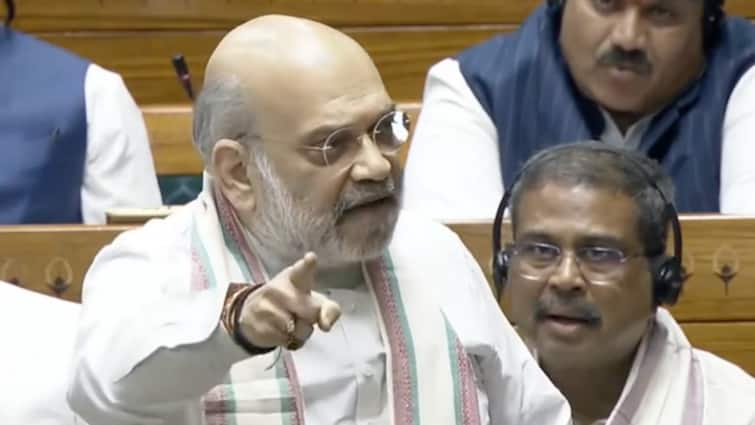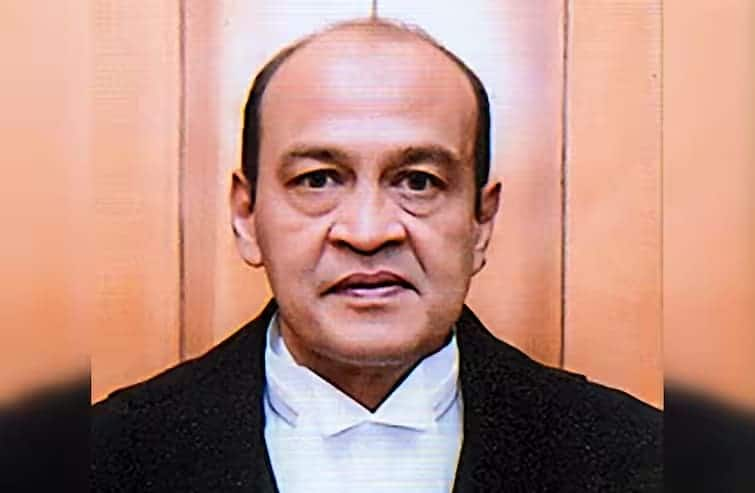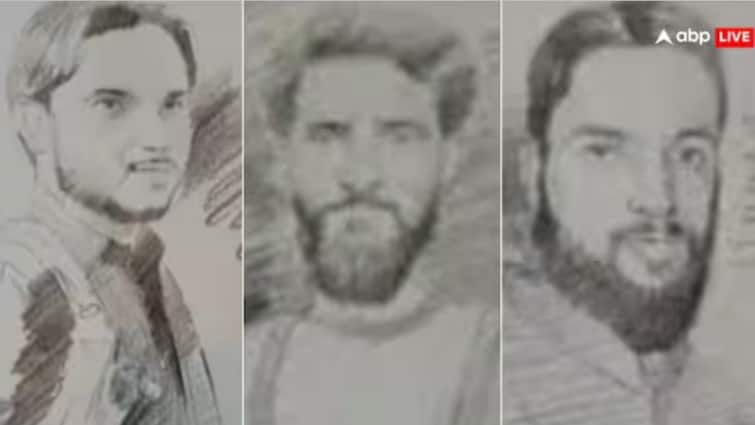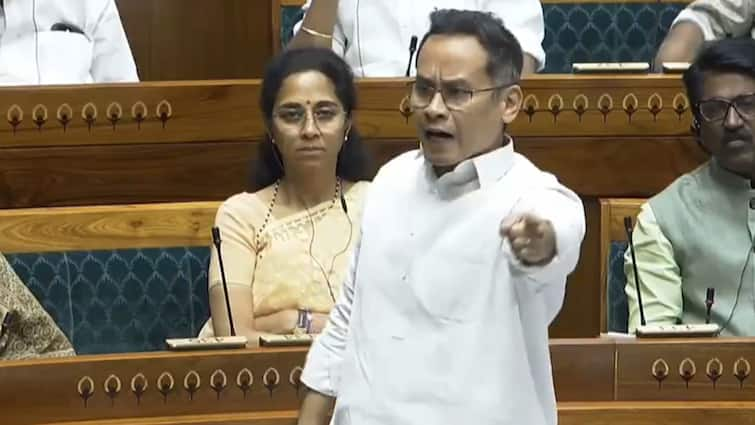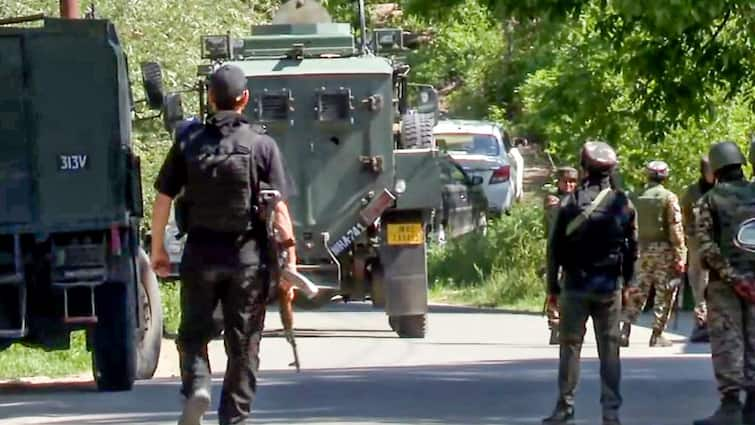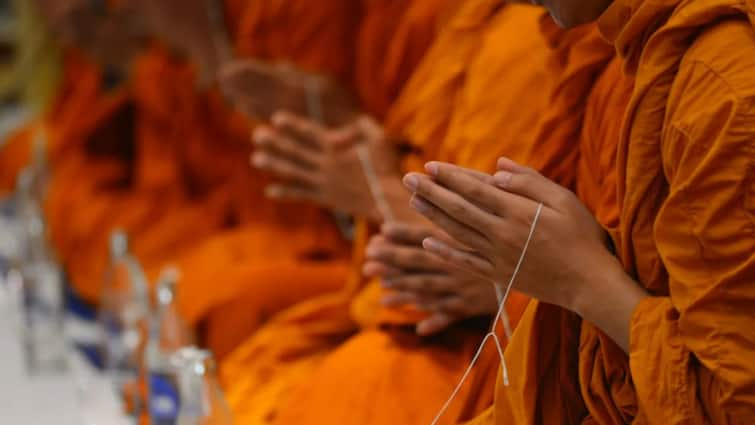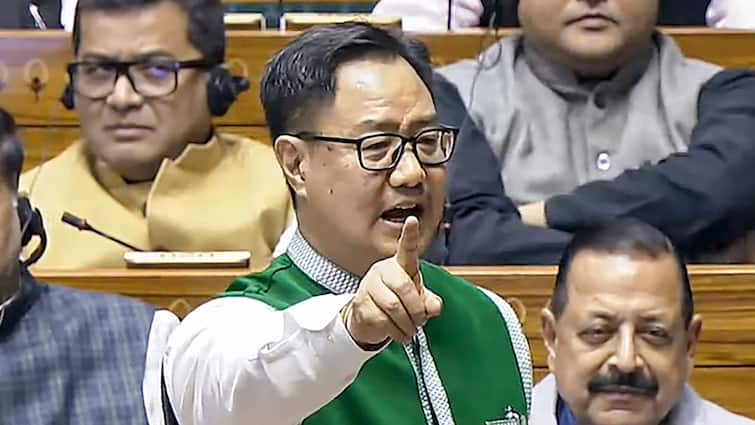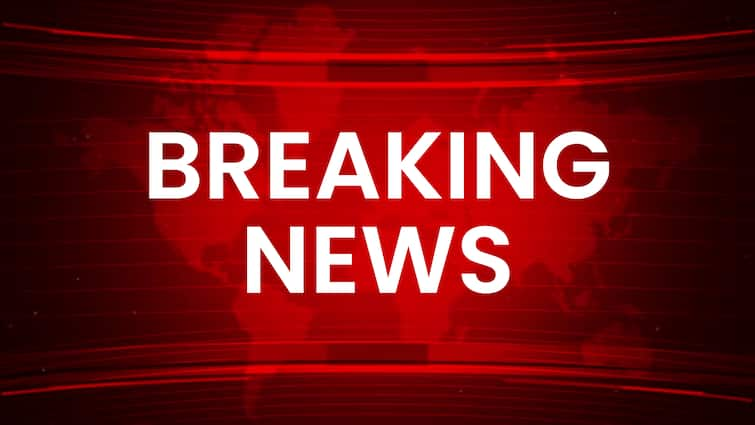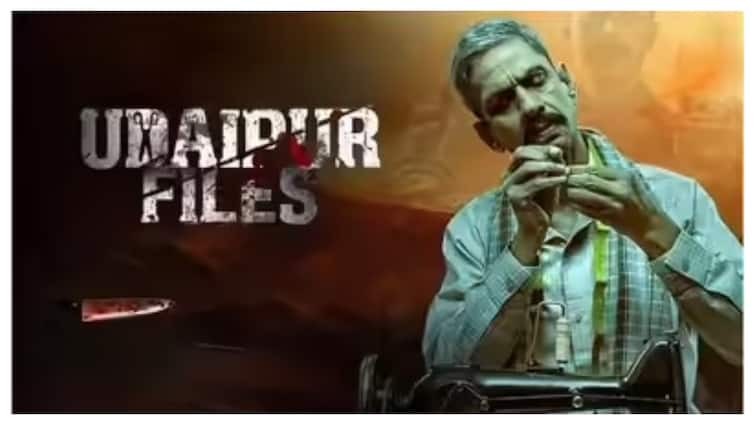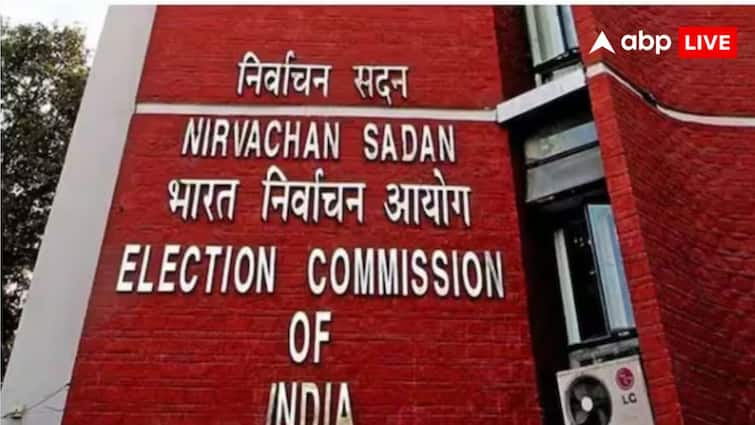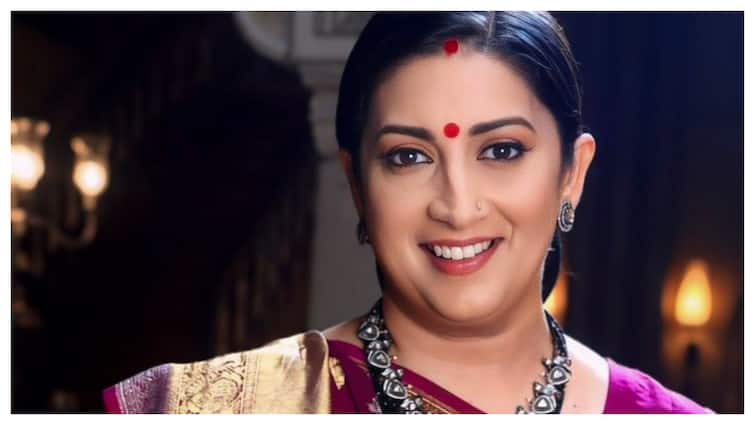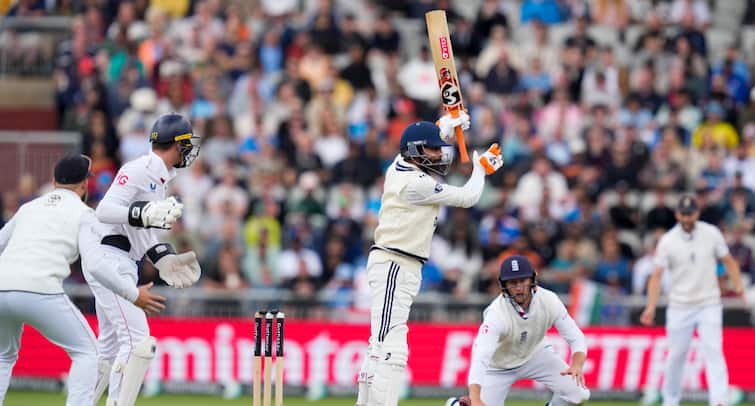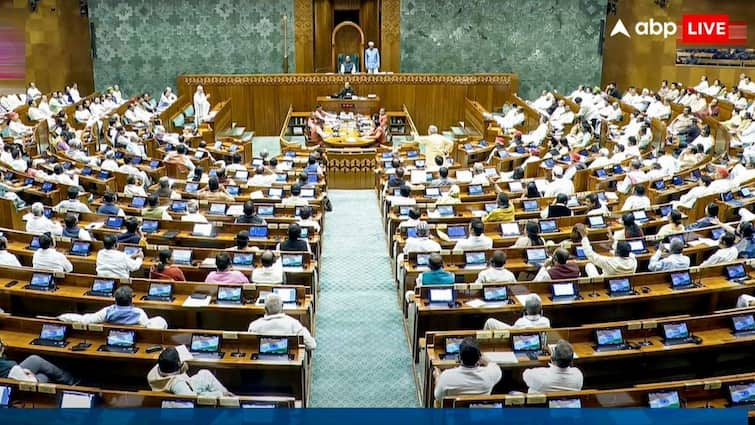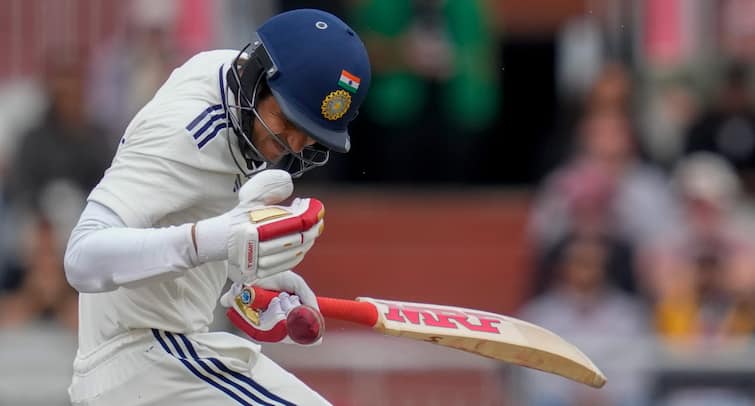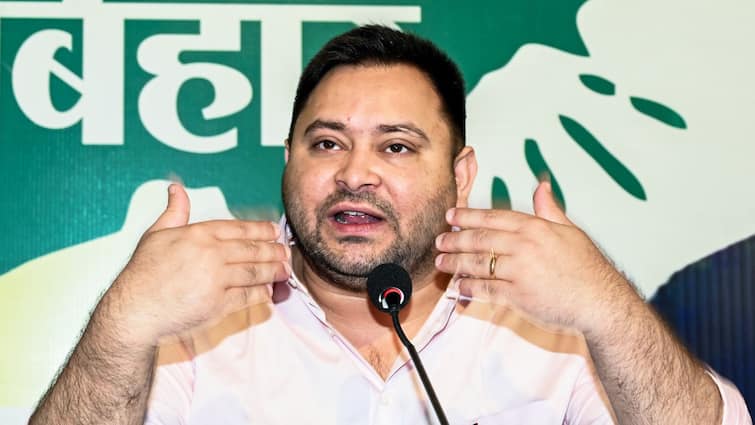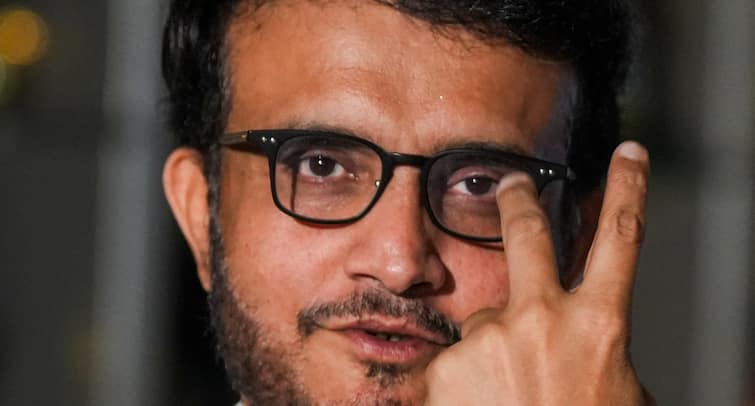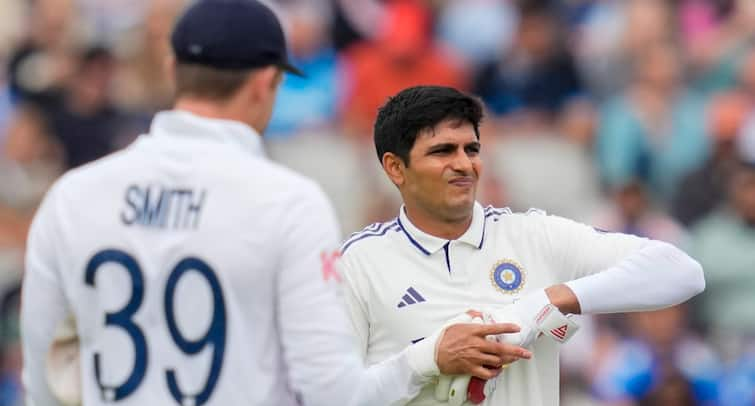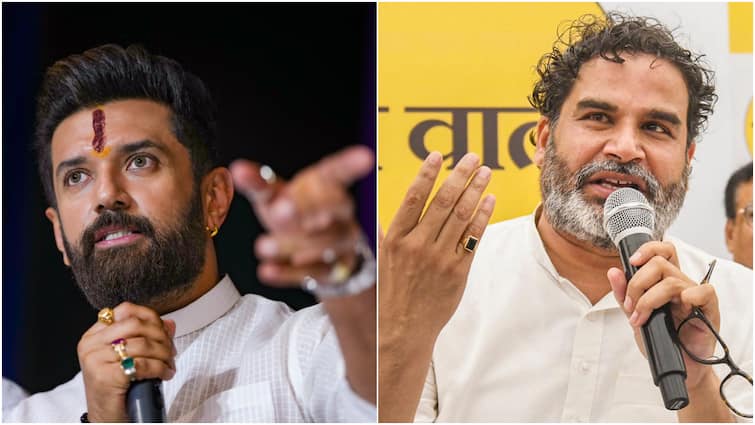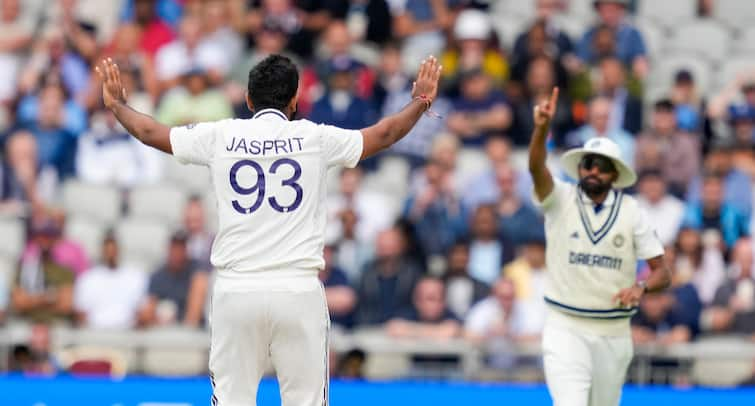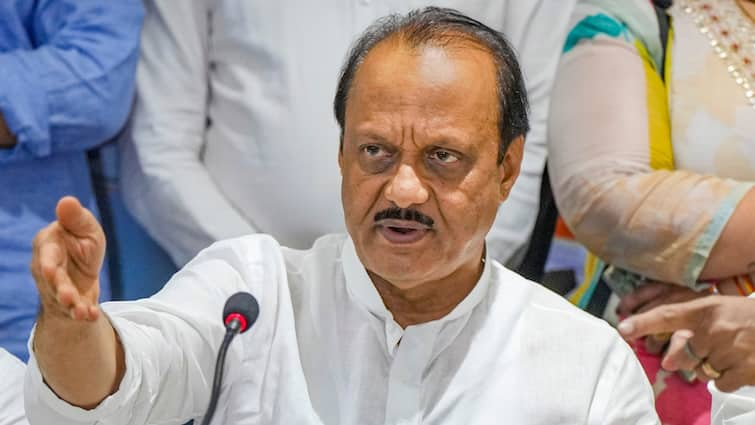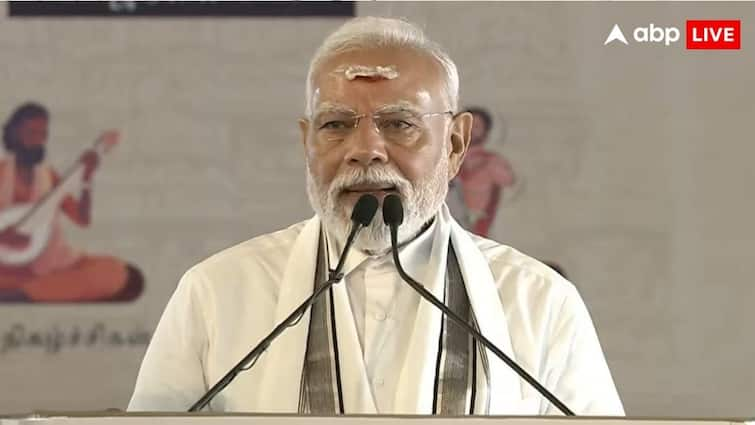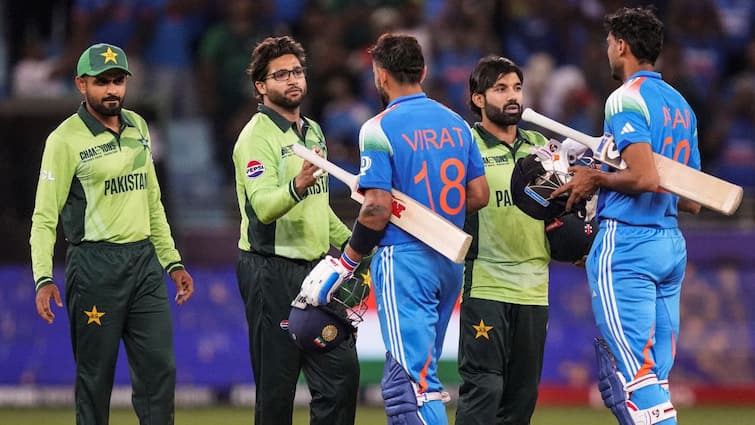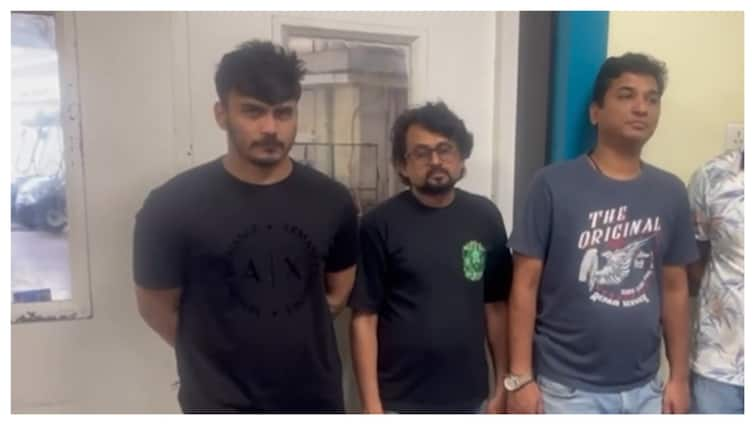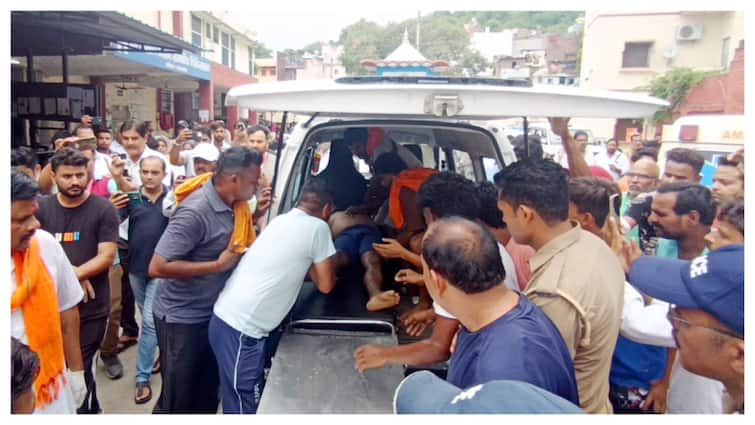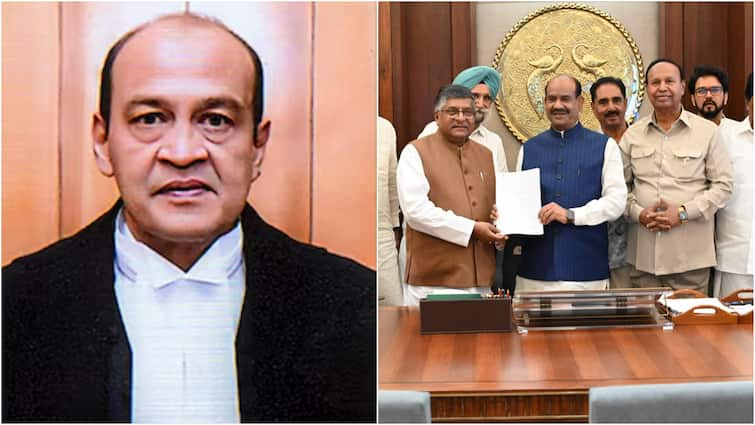
A total of 145 Members of Parliament from the Lok Sabha and 63 from the Rajya Sabha have submitted a petition seeking the impeachment of Supreme Court judge Justice Yashwant Varma. The move comes in the wake of allegations related to the discovery of unexplained cash, sources confirmed on July 21, 2025.
The motion has been filed under Article 124(4) and 124(5) of the Constitution, which outline the procedure for the removal of a judge from the Supreme Court or High Court through a Presidential order.
How a Judge Can Be Removed: The Constitutional Procedure
The constitutional process for a judge’s removal begins with a formal motion that must be signed by a minimum of 100 members of the Lok Sabha or 50 members of the Rajya Sabha.
Once filed, the motion is placed before the presiding officer of the respective House—either the Speaker or the Chairman—who has the discretion to admit or reject it.
If admitted, a three-member committee is constituted to investigate the allegations. This panel must include: • A sitting judge of the Supreme Court, • A Chief Justice from any High Court, and • A distinguished jurist.
The judge in question is then allowed to present their defence before Parliament.
The removal motion must subsequently be passed by both Houses with a special majority. This means a majority of the total membership of the House, and at least two-thirds of the members present and voting must support the motion.
Once both Houses approve the motion, it is forwarded to the President, who then issues the removal order.
A Look Back: Past Impeachment Attempts
1993 – Supreme Court: Justice V. Ramaswami of the Supreme Court was the first judge against whom impeachment proceedings were initiated following allegations of corruption. Although the motion was introduced in the Lok Sabha, it failed to secure the necessary two-thirds majority. Kapil Sibal appeared as his defence counsel.
2011 – Calcutta High Court: Justice Soumitra Sen of the Calcutta High Court resigned after the Rajya Sabha passed a motion seeking his removal for misconduct. He was the first judge to face impeachment by the Upper House.
2015 – Gujarat High Court: Fifty-eight Rajya Sabha members moved a notice against Justice J.B. Pardiwala of the Gujarat High Court over “objectionable” remarks on reservations. The remarks were later expunged from his judgment following an application by the state government. The motion did not progress further.
2017 – Andhra Pradesh and Telangana High Court: Rajya Sabha members filed a motion to initiate impeachment proceedings against Justice C.V. Nagarjuna Reddy, accusing him of misusing his judicial position to target a Dalit magistrate.
2018 – CJI Under Fire: In March 2018, opposition parties submitted a draft impeachment notice against then Chief Justice of India Dipak Misra. However, the motion was dismissed by then Rajya Sabha Chairman Venkaiah Naidu.
(With inputs from Trithesh Nandan)
Doonited Affiliated: Syndicate News Hunt
This report has been published as part of an auto-generated syndicated wire feed. Except for the headline, the content has not been modified or edited by Doonited




